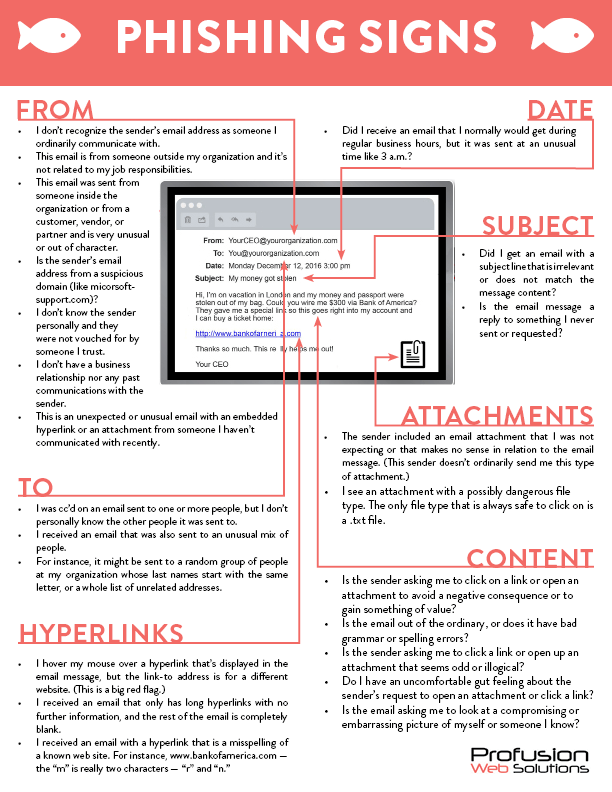How Do I Spot a Phishing Scam?
You're going through your inbox, and there it is: an urgent email from your bank.
"Your account has been temporarily suspended. Click here to verify your Information."
You freeze. What if it's real? That's precisely what phishing scams count on catching you in a moment of uncertainty and pushing you to act fast.
Phishing scams are everywhere, but they lose their power once you know how to spot them. Let's walk through exactly how you can protect yourself, step by step.

What is Phishing, and Why Is It So Dangerous?
Think of phishing as a digital wolf in sheep's clothing. It looks harmless even familiar but hides harmful intent.
Scammers send fake emails or texts or create bogus websites that mimic trusted organizations. The goal? To trick you into handing over personal information like passwords, credit card numbers, or social security details.
These scams work because they prey on emotion. They make you feel rushed, fearful, or even excited and those emotions can cloud your judgment.
Recognizing the Warning Signs
Most phishing scams share subtle clues. Learning to spot them is your best defense.
Look closely at the sender's email address. Is it slightly misspelled or from an unknown domain?
Pay attention to greetings. Legitimate companies usually use your name, while phishing attempts often say "Dear Customer" or "Dear User." Notice the tone. Is there a sense of urgency or a threat? Scammers usually push phrases like "Act now, or your account will be closed."
And when it comes to links trust your instincts. Hover over them without clicking. If the URL looks strange or mismatched, it's a red flag.
Attachments can be another danger zone. Unless you're expecting one, don't open attachments from unfamiliar senders. They could contain malware.
Real-World Examples of Phishing Scams
Phishing isn't limited to one format. Scammers get creative, targeting people in many ways:
Bank scams are among the most common. You might get an alert about suspicious activity, which will prompt you to enter your login details on a fake website.
PayPal or payment service scams often say a transaction was declined or suspicious and urge you to verify your account immediately.
Government impersonation scams promise refunds or benefits or make threats about taxes or legal issues to scare you into clicking.
Fake job offers sound enticing but ask for sensitive personal information upfront.
"Friend or family in need" scams leverage hacked accounts to send desperate pleas for money.
No matter the approach, they all aim for the same thing to get you to hand over sensitive data without thinking twice.
What To Do If You Spot a Phishing Email (Point Format)
Here's a quick action plan if something doesn't seem right:
- Don't click on links or download attachments.
- Verify the sender by checking their official contact details.
- Report the email to your email provider or relevant authorities.
- Delete the message from your inbox and trash folder.
- Run a virus scan if you accidentally clicked or downloaded something.
- Change your passwords immediately if you give up any sensitive Information.
- Enable two-factor authentication (2FA) to prevent unauthorized access.
Staying Safe in a Phishing-Filled World
Scammers are clever but you can be smarter.
The best protection is staying informed and alert. Always pause and evaluate before responding to any unexpected message. Even better, layer your defenses. Use strong passwords, turn on 2FA, and keep your antivirus software updated.
And don't forget about those around you. Phishing scams often target the most vulnerable — including seniors and less tech-savvy users. Share what you know. A quick conversation about how to spot fake emails can make a big difference.
Trust Your Instincts
Ultimately, phishing scams depend on you reacting emotionally instead of rationally.
If something feels off, listen to that instinct. Please slow down, whether it's an odd email from your bank, a prize that seems too good to be true, or an attachment you weren't expecting. Take a breath. Verify before you click.
A moment of caution now can save you a world of trouble later. If you're in Bellingham or Ferndale and need help reviewing your website's security or spotting suspicious emails, we're here to help. Reach out today!
